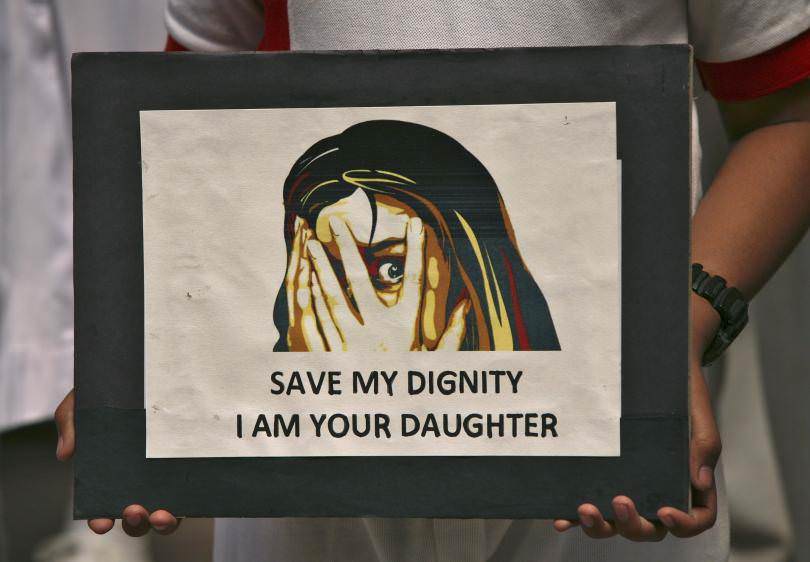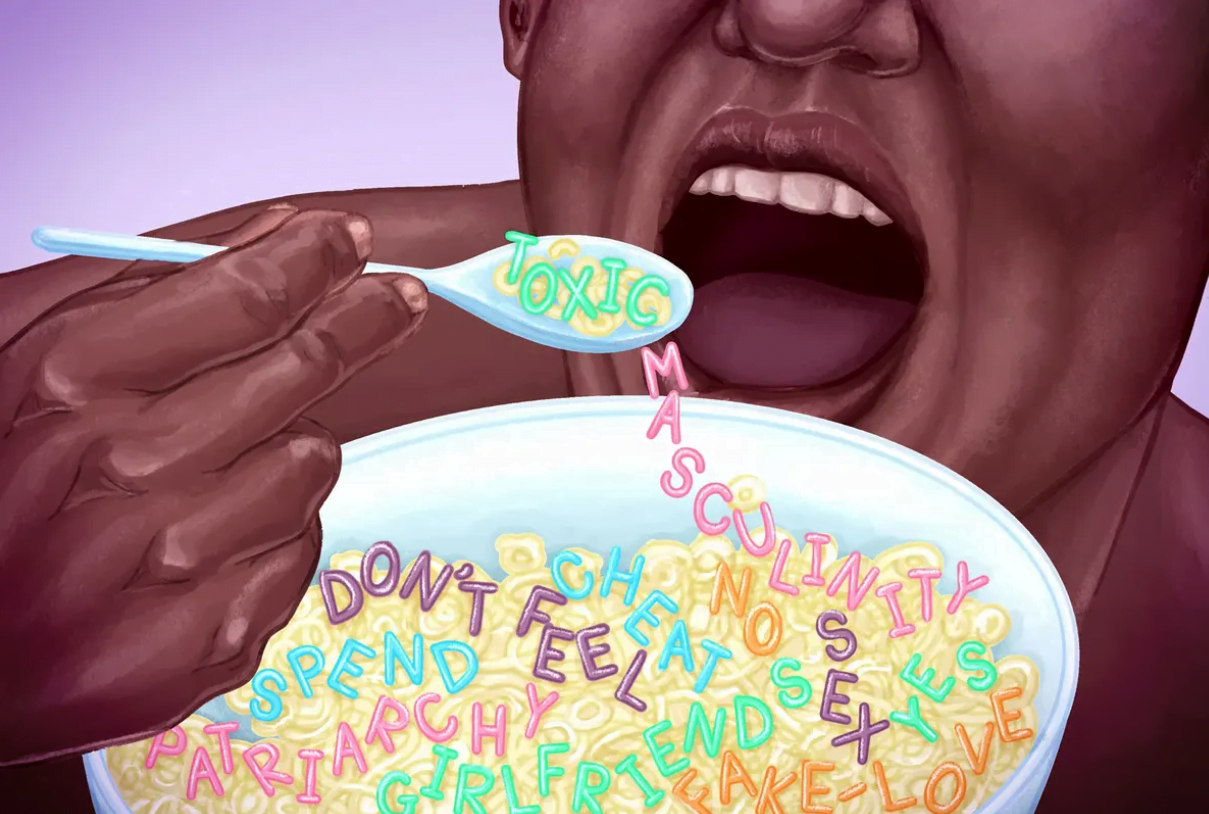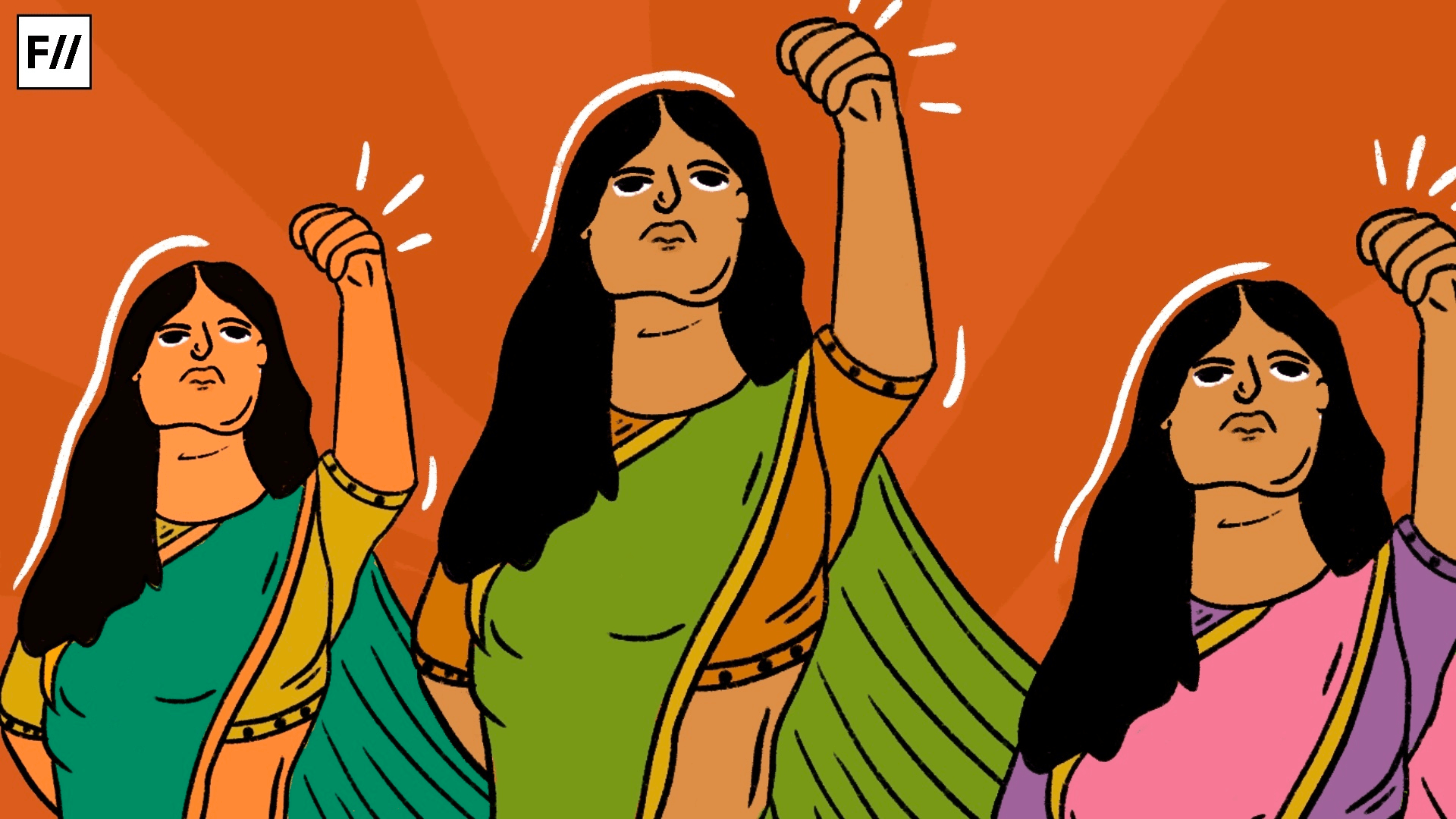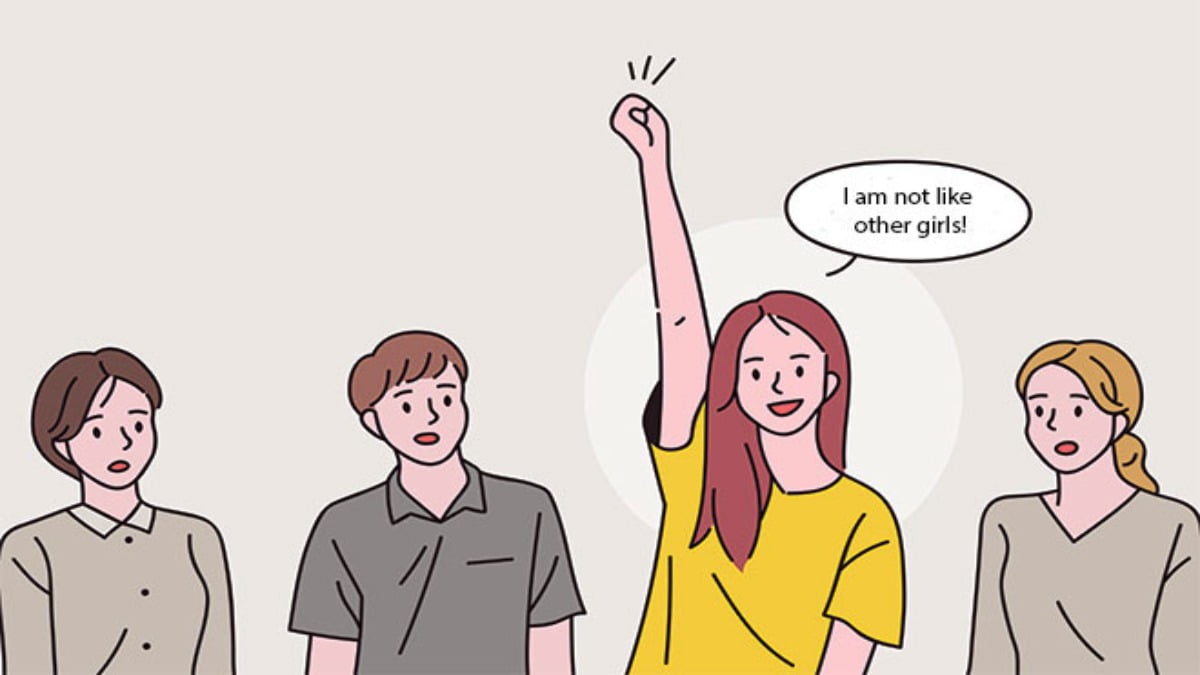“Tumhare ghar mein maa behen nahin hai kya?”
This, since some time, has been in the parlance of Indians to curb violence against women, used by men and women alike, which points towards the faltering value system of the country, originating from the very grass root level, i.e. the home.
In a country where self-proclaimed God men like Asaram Bapu are capable of passing statements like, “The girl should have taken God’s name and could have held the hand of one of the men and said, ‘I consider you my brother’ and to the other two, she should have said, ‘Brothers, I am helpless. You are my brothers, my religious brothers,” post the December 16 gang rape incident, there is a need to realize the dynamics working behind such ideas and what they are doing to the minds of the Indian men and women.Before going any further with my argument, I’d like to post the YouTube link of the “Strongest anti-molestation video you’ll ever watch,” that became extremely viral and I want you to watch it closely and think. Sadly, the intent of such videos is never wrong and yet they give out some highly problematic and unacceptable ideas to the audience.
https://www.youtube.com/watch?v=LxiKwtmMRCw
It is a general psychological tendency in humans to associate certain ideas or people with other ideas or people in their minds which reveals the way they think, as posited by a very renowned psychologist, John Locke. The call for consciousness in men to “think about the women in [their] life before assaulting another” is just a call for a highly mistaken kind of association; drawing an analogy between respecting a woman and your or some other man’s relation with her rather than drawing an analogy between respecting a woman and considering her a human deserving respect, irrespective of anything else. This kind of association, thus, is problematic because with it, comes the heinously patriarchal notion of ‘owning’ a woman, robbing her of just any kind of agency over herself. This, now, becomes a rather ironical situation where you try to bring about consciousness among men about the rights of women by giving them the pleasure of assuming an authority or ownership over the latter. Also, if this type of consciousness was in any way in the right direction, why do you think cases of domestic violence and men raping their kin women are on a rise?Not to forget, a man’s inflated sense of honor in using a mother or a sister in his swear words to put the other men down is again an example of the same and speaks volumes about the hypocritical situation that is being created through this.
The absence of the self or the lack of agency in a woman over her own life is one of the biggest problems plaguing the Indian women and “Ab to sharam karo, tumhare ghar mein bhi maa behen hai!” doesn’t make the situation any better. Rather, it reiterates the same in a different and stronger form, disguised and mistook as a measure to eradicate it.
An Indian woman’s life is never seen as one independent of the men in her life; her father, her brothers, her spouse and in some worst case scenarios, even her uncles. From taking the last name of her father at the time of birth until another man enters her life and gives her the last name of his family, her name is also a matter of great importance and ownership for men, completely turning a deaf ear to her individuality.
In addition, placing women in such strict moulds forces them to act and behave in a certain way to live up to the roles “expected” from them, again, deteriorating her personal identity. Through this, it is conveyed that only if she succeeds as a sincere daughter and a caring sister, she is worthy of being respected.
Unfortunately, a lot of people who apparently support equality among the sexes are also spreading this highly misguided and faltering notion to make the men more aware and sensitive to this issue. For the starting point, such people need to realize how this is working. “This is the only way the Indian men can understand at least a bit of what we are trying to say.” Ah! If this is really the case, dear Indian men, I pity you. If you have to be fed with this ‘fear’ of your beloved women being violated to make you understand gender equality and stop you from violating a woman, then there isn’t a bigger shame than this. But, being a staunch feminist and fiercely condemning the “men will be men” attitude towards the men of the country, I choose to look at men and their potential to understand things beyond this narrow and shallow idea (though it sounds a bit idealistic in the present day) and so, spreading messages like “it could be your mother or sister” or “she is also someone’s mother or sister” are just not needed and in any way, can’t be considered as steps in the right direction. And if, however, it really is the only way, what is the kind of upbringing we are giving to our boys?
It is of utmost importance to make men realize that every woman, irrespective of their or anybody else’s relation with her, is a human being who demands and deserves to be respected just like they do. And, that she can have an personal identity, independent of her family, steering her life the way she wants to, all by herself.
“Dear powerful men,
I know you care about women.
I know you care about her.
I know you want her to feel like a princess,
I know you want to put her up on a pedestal,
Make her a goddess,
And give her a special day
International women’s day.
You want to carry her so she can’t walk,
Hold her, so she can’t be free,
Tell her, so she can’t know any differently.
But NO!
No. That’s not how works equality.
It’s hard work
To change a nation’s mentality
It’s hard work to go unnoticed,
Change the roots and the minds
Of a people who have been too long deprived
Of education and basic rights
Who are steering towards intolerance and misanthropy
Because of shameless inequality.”
-Kalki Koechlin
All of this sounds somewhat Utopian and isn’t something that can be achieved within a fortnight or so, but then, when did killing the rapists or banning cab services help in curbing rapes in India?
Do away with rape culture to do away with rapes.
Featured Image Credit: A schoolgirl holds a placard during a prayer meeting for a five-year-old rape victim in Jammu April 20, 2013 | Reuters




